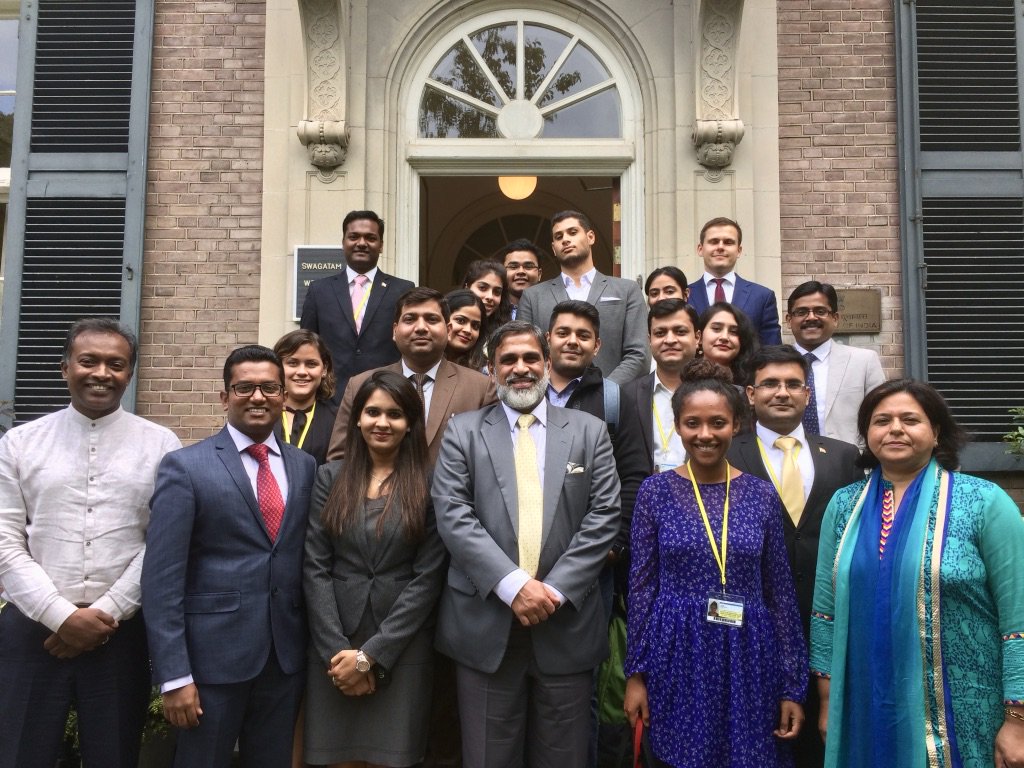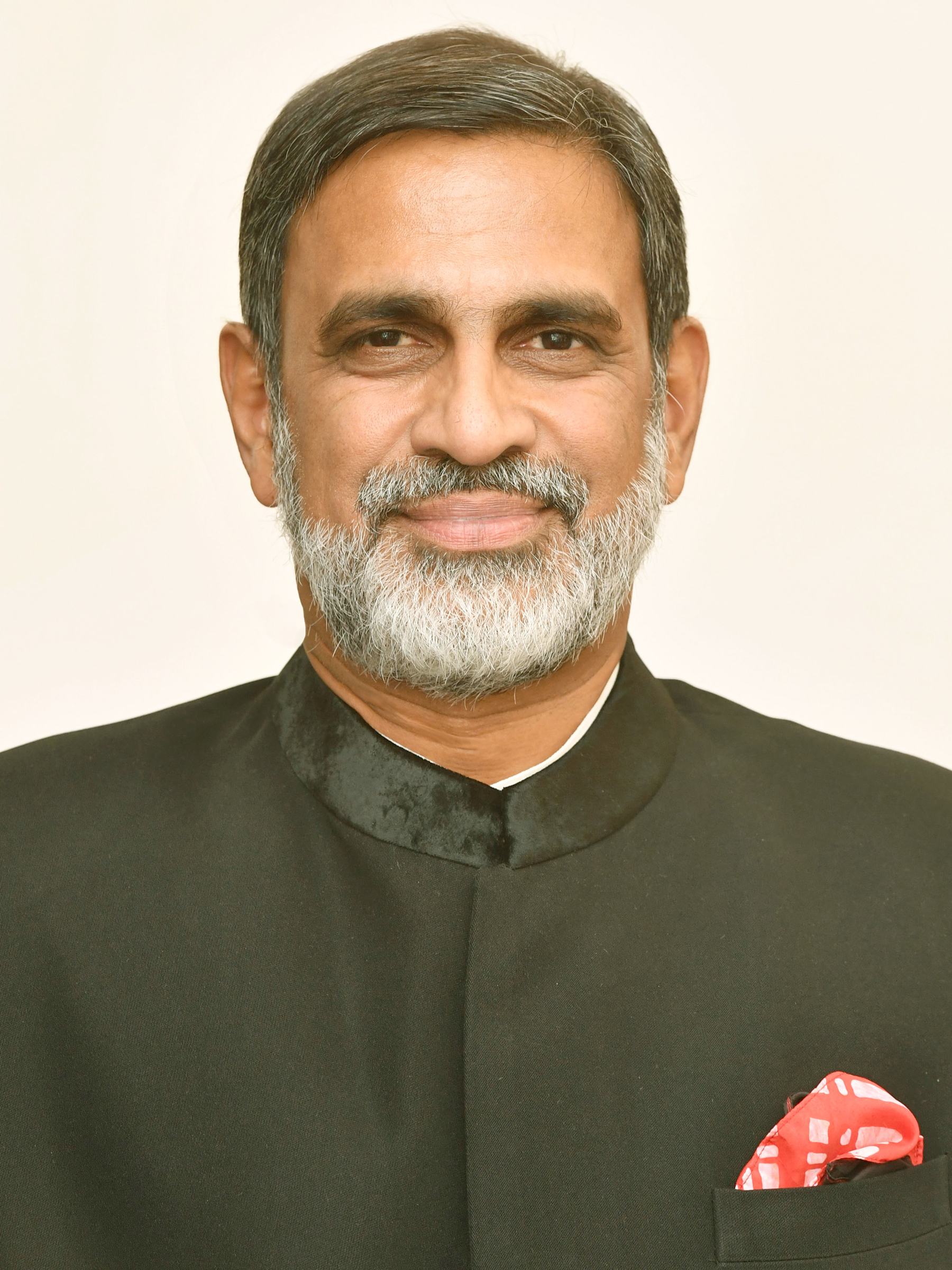Starting with a partner can be smart in a country like India. Despite the fact that the rapidly growing Indian economy offers opportunities for companies in every sector and industryIndia is also a country where you need to have good connections and really understand the market in order to succeed. As a newcomer to the Indian market, starting a joint venture brings a lot of advantages. You can rely on the market knowledge and extensive network of your Indian partner and you share the risks. But there are also examples of joint ventures in India that failed due to cultural differences and a lack of leadership, such as McDonalds happened to McDonalds.
Memorandum of Understanding
A joint venture almost always involves the creation of a new company owned by two or more partners. A joint venture is often set up for a special project and is usually not intended to be a long-term business connection. The partners contribute their assets (people, machinery, capital and knowledge) for a specific purpose and for a limited time, but remain completely separate companies while the joint venture forms a new company.
Before setting up a new entity as a foreign company with an Indian partner, it is highly recommended that due diligence be performed, just like any other business transaction. In addition, drafting a memorandum of understanding (MOU) is very common in India. Such an MOU ensures that all parties fully understand and agree on the purpose, responsibilities and risks of the joint venture. It is a short document without much legal jargon, which states the roles of both parties and establishes a roadmap for the future on the parties' intentions, management structure and cost allocation.
Articles of Association
Most joint ventures in India are structured in the form of private limited companies, the equivalent of the Dutch BV. It is mandatory for a private limited to have at least two directors and at least one director who is resident in India, that is, someone who has resided in India for a period of at least 182 days in the previous calendar year. So this does not necessarily have to be an Indian. In a private limited, the Articles of Association (AoA) are a very important document. The AoA are a requirement while incorporating a private limited in India and contain regulations for the internal management of the company.
The Companies Act 2013 gives companies the freedom to determine the content of the AoA. For example, the AoA contains a clause on the steps to be taken in the event of conflict or termination of a joint venture in the event of an impasse. It is therefore advisable to devote time and attention when drafting the AoA and not depend on a standard off-the-shelf concept. The Companies Act, 2013 requires every company to have an MOU and AoA. The MOU and AoA are the charter documents of the company. As such, both must be filed with the Registrar of Companies (the Indian Chamber of Commerce) of the province in which the foreign company wishes to establish itself.
Joint Venture Agreement
Once the MOU and the AoA have been drafted, the foundation for the joint venture has been laid and the Joint Venture Agreement (JV Agreement) can be drafted. This is a working document that explicitly focuses on what decisions the partners can and may make about the shares, management structure, withdrawal rights, competition issues, dispute resolution, intellectual property rights and any guarantees. The JV Agreement is not a binding document and is drafted purely to define the cooperation between and responsibilities of the partners. Indian law provides sufficient flexibility for the parties to set out their own arrangements in a final agreement.
The JV Agreement or other agreements related to the joint venture necessarily require skill in drafting the documents without room for ambiguity. Complicated and vague documentation can be fatal to the joint venture and impede the interest of the parties. One of the things that requires expertise is the exit strategy. The JV Agreement establishing a joint venture should also include a planned exit strategy so that all parties are protected once the partnership has reached its goal.
Most joint ventures are dissolved through a partner buyout. It is advisable to include clear terms for terminating a JV in the agreement. Once the parties have determined the key points for the JV Agreement, it is wise to turn the matter over to a lawyer in India. Taking into account Indian laws and regulations, he or she can convert the key points into the official Joint Venture Agreement document.
Local support in setting up joint venture
So setting up a joint venture offers you, as an international company and newcomer to the Indian market, interesting advantages. No long start-up time in which you have to build a network, find the right distributor and acquire customers. For all this you can rely on your Indian partner. But the responsibility of setting up the joint venture itself does rest on your shoulders, of course. Local knowledge and support is no luxury in that process. Do you want to do all the preparatory work for the joint venture in a sound manner and start off with the right documents in your pocket? We have a team of local experts ready to make your start as smooth as possible.




